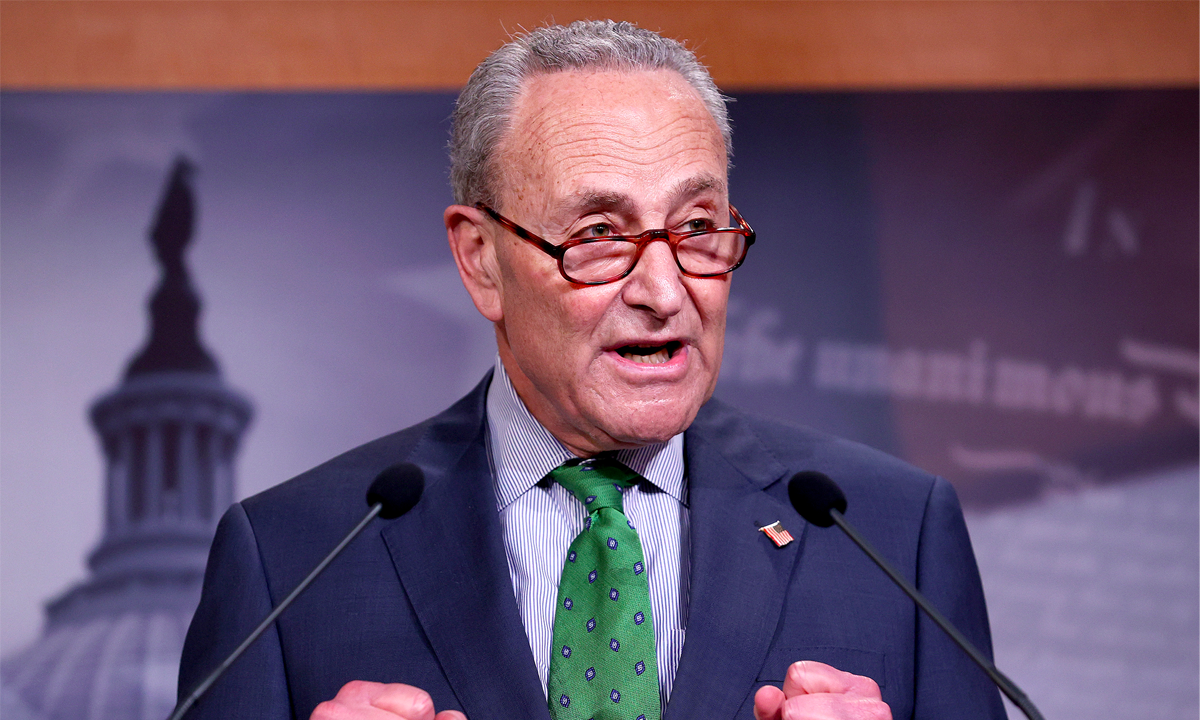Written by Natalia Toliver
The United States was founded on a system of checks and balances, and for good reason. Sen. Chuck Schumer’s new plot to bypass the Republican vote completely negates this system, however. His goal is to pass Biden’s new infrastructure bill, without any Republican support, through budget reconciliation. Reconciliation was already used to pass the $1.9 trillion American Rescue Plan earlier this year, which also had no Republican support.
The Senate process Schumer is trying to enact would allow Democrats to skirt the filibuster and advance the bill, using Vice President Kamala Harris as a tie-breaker if needed. Without the use of reconciliation, Democrats would need to secure at least 10 Republican votes.
There are current limits on what legislation qualifies for reconciliation and how frequently it can be used. The current thinking is that Democrats would only be allowed to use reconciliation one more time prior to the midterm elections in 2022. Schumer’s aid, however, believes that Section 304 would give Democrats the power to pass legislation using reconciliation for a third time.
This new infrastructure bill is still unclear, but is known to have tax hikes in it. These taxes include the “corporate tax rate rising from 21% to 28%, increasing the income tax on individuals who make more than $400,000 a year, expanding the estate tax, creating a higher capital-gains tax rates for individuals earning at least $1 million and paring back tax preferences for so-called pass-through businesses.”
The measure would cost upwards of $3 trillion. The White House is expected to break the legislature into two main parts: one focused on infrastructure and clean energy, the other focused on issues like child care and universal pre-kindergarten.
The infrastructure part of the bill will be funded by taxing corporations and increasing the global minimum tax from 13% to 21%, ending federal subsidies for fossil fuel companies, and forcing multinational companies to pay the U.S tax. The second part of the legislation, which is focused on domestic priorities, will be paid for by “increasing the highest income tax rate from 37% to 39.6%, raising taxes on wealthy investors, and limiting deductions that rich taxpayers claim annually.”
The raising of taxes, leaves many Republicans and moderate democrats worried because the economy is still in a recovery process due to the coronavirus pandemic. Unfortunately, this reasonable worry will be easily overlooked and Biden’s talk of “unity” appears to have been nothing but a broken campaign promise.
Photo by Win McNamee / Getty Images file




